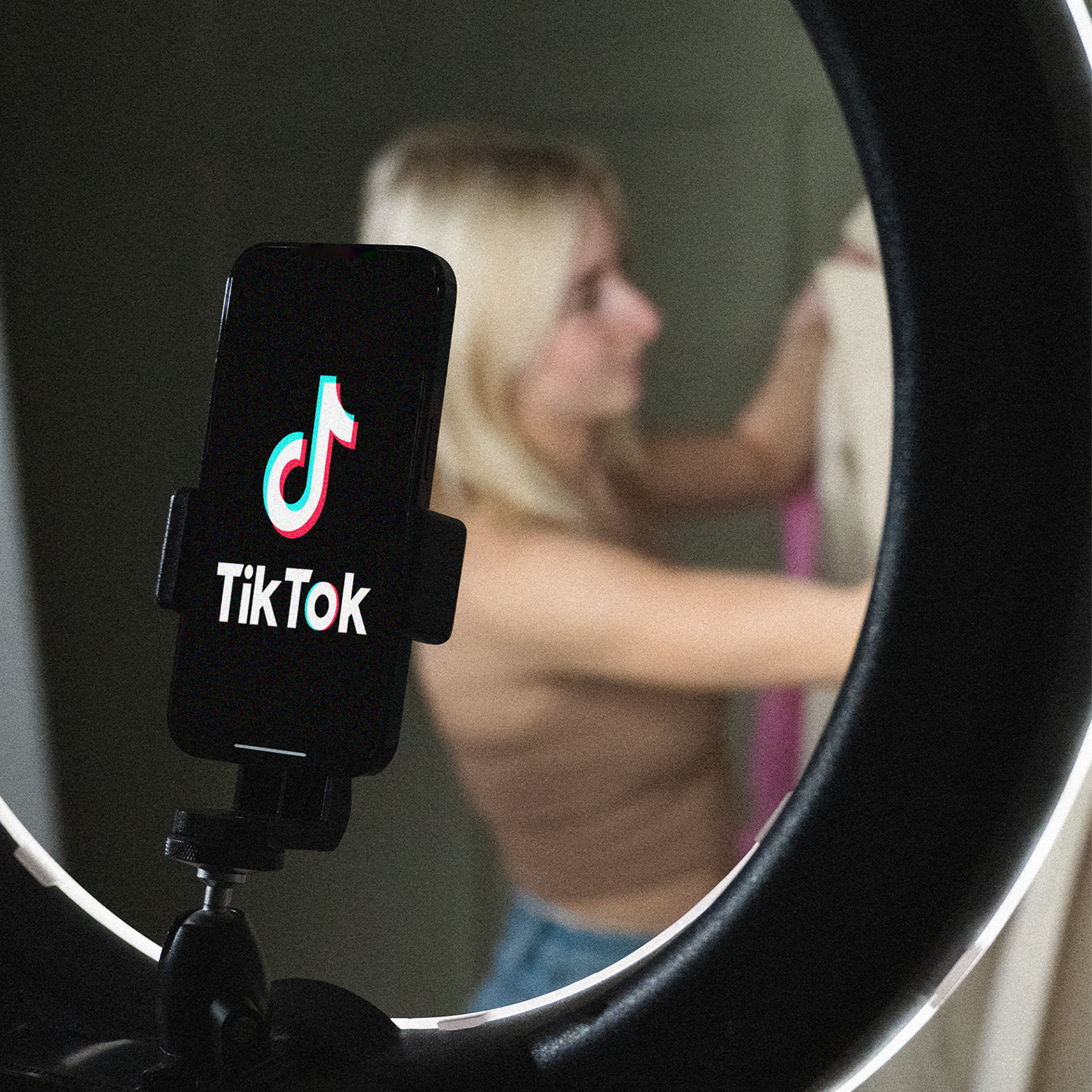With the introduction of GDPR on May 25th of this year, all companies by law are now required to obtain consent from their EU- based users to have their data processed by advertisers and marketers, if sites are going to display the likes of targeted ads on their sites. Sites also need to make it clear which third-party sites may wish to obtain a users data and detail every separate scenario where this will happen. Websites also now need to allow users to withdraw their consent at any time.
This is all well and good and relatively straightforward. It becomes complicated when a website has multiple ad-tech partners and needs to obtain consent from users for each one. This is where consent management platforms can help. These platforms help sites obtain and manage user consent as well as monetising users who don’t opt into having their data shared.
Quantcast is a consent management platform that works by way of a pop-up, which the site owner can edit and customise to display whatever aesthetic they wish, enabling the pop-up to be consistent with their overall branding strategy. Not only can users opt-in to data sharing with a publisher’s advertising partners through the pop-up, but they can also examine more closely what their data will be used for. Users can see the full list of third-party vendors on the site and opt out of giving permission to individual ones to use their data. Quantcast’s consent management platform is aimed at helping sites gain user consent, so they can keep their advertisers support and interest. It doesn’t comprise on user privacy and it aims to help users better understand what they are consenting to.
Univeil Media’s consent management platform ConsentForAds offers an option for monetising users even when they don’t opt-in to sharing their data. This platform shows a short video to users who don’t give their consent to data sharing before they continue to the main website. The video is from advertisers and is contextually targeted. By the user watching these videos, the publisher receives revenue from the non-consenting users.
Some are skeptical about whether or not consent management platforms are even needed. However, transparency about data collection and commitment to data privacy rights are things that site owners should be examining closely. It’s worth mentioning that many are using CMP’s to muddy the waters around user consent so that they can trick users through complicated interfaces and the like, to agree to have their data collected by advertisers without really understanding what they are doing. This, rather than a commitment to uphold the law is what is driving many businesses to adopt CMPs. Once GDPR really comes into effect, then we will know if these CMPs are allowed to continue in operation in their current forms.
Final CMP uptake numbers remain to be seen as site owners are still waiting to see what changes emerge regarding the law on GDPR. Privacy i








